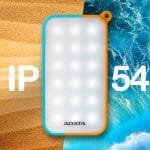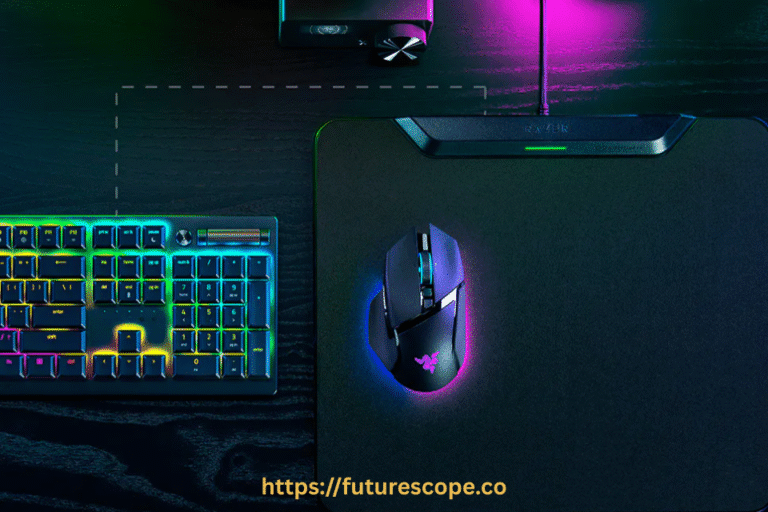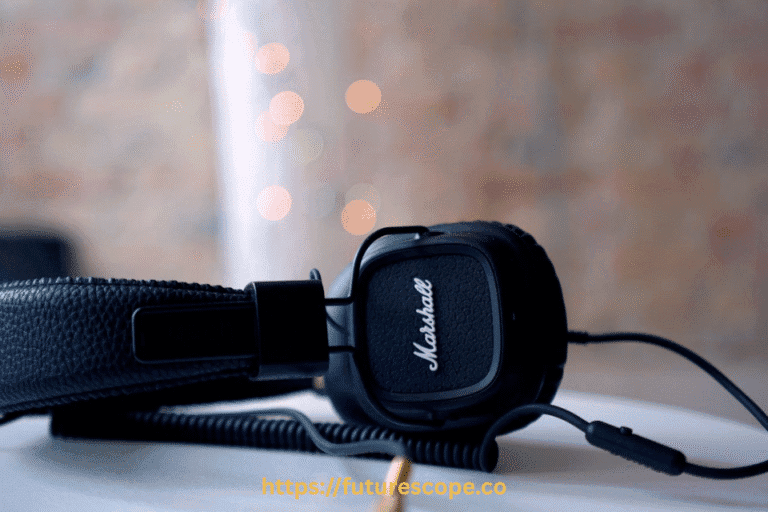If you’re building a high-performance PC, upgrading a laptop, or simply looking to boost your device’s storage speed, choosing the best SSD (Solid-State Drive) is crucial. Unlike traditional hard drives, SSDs offer lightning-fast performance, improved durability, lower power consumption, and silent operation. But with so many options on the market—from budget SATA drives to high-end PCIe Gen 5 NVMe SSDs—knowing which one to pick can be overwhelming. In this guide, we break down the top-performing SSDs based on speed, endurance, form factor, and value for money.
What Makes an SSD “The Best”?
To determine the best SSD, we must evaluate several critical factors:
Price-to-Performance Ratio:
A great SSD balances high speed and capacity with reasonable pricing, offering strong value for mainstream users and professionals alike.
Performance (Read/Write Speed):
The best SSDs today offer sequential read/write speeds of over 7,000 MB/s, especially those using PCIe Gen 4 or Gen 5 NVMe interfaces.
Durability (TBW & MTBF):
TBW (Terabytes Written) and MTBF (Mean Time Between Failures) measure an SSD’s endurance. Higher values indicate better reliability.
Form Factor Compatibility:
Choose between M.2 (2280), 2.5” SATA, or PCIe add-in cards depending on your system’s motherboard and available space.
Thermal Management:
Top-tier SSDs now include heatsinks or built-in cooling to avoid performance throttling under sustained loads.
Top Picks: Best SSDs in 2025
1. Best Gaming SSD: WD Black SN7100
The WD Black SN7100 excels for gamers with its 7,250 MB/s read and 6,900 MB/s write speeds, driven by a Sandisk Polaris 3 controller and Kioxia 218-Layer BiCS8 TLC NAND. Its stellar random read performance (101 MB/s) ensures quick game loading, and its DRAM-less, single-sided design keeps costs reasonable. Available in capacities from 500 GB to 4 TB, it’s a versatile choice for gaming PCs.
2. Best Budget Gaming SSD: Lexar NM790
For budget-conscious gamers, the Lexar NM790 offers impressive performance at a low cost, with 7,400 MB/s read and 6,500 MB/s write speeds. Using a MaxioTech MAP1602A controller and YMTC 232-layer TLC memory, it runs cool and supports capacities up to 4 TB, making it a top value pick for gaming and general use.
3. Best PCIe 5 SSD: WD Black SN8100
The WD Black SN8100 is the fastest SSD tested, boasting 14,900 MB/s read and 14,000 MB/s write speeds via PCIe 5.0. With a Sandisk SMI2508 controller and BiCS8 TLC NAND, it’s ideal for future-proofing high-end systems. Available in 1 TB and 2 TB (with 4 TB coming), it runs cool at 74°C peak, though its premium price reflects its cutting-edge technology.
4. Best 4TB SSD for Gaming: Team Group MP44
The Team Group MP44 is perfect for gamers needing large storage, offering 7,400 MB/s read and 6,900 MB/s write speeds across 1 TB to 4 TB capacities. Its large dynamic SLC cache boosts performance, but it requires good cooling to maintain efficiency, making it a great choice for extensive game libraries.
5. Best 8TB SSD: WD Black SN850X 8 TB
For professionals handling massive files, the WD Black SN850X 8 TB delivers 7,200 MB/s read and 6,600 MB/s write speeds. With a Triton MP16+ B2 controller and Kioxia 162-Layer BiCS6 TLC NAND, it’s ideal for video editing and data-intensive tasks, though its high capacity comes at a premium price.
6. Best 2230 SSD: Lexar Play 2230
Designed for handheld devices like the Steam Deck, the Lexar Play 2230 offers 5,200 MB/s read and 4,700 MB/s write speeds in a compact M.2 2230 form factor. With a Silicon Motion SM2269XT controller and Micron 176-layer TLC, it runs cool (40°C average) and is perfect for portable gaming.
7. Best SSD for PS5: Silicon Power XS70
The Silicon Power XS70 is tailored for PS5 users, meeting Sony’s strict requirements with 7,300 MB/s read and 6,800 MB/s write speeds. Available in 1 TB to 4 TB, it includes a stylish heatsink for optimal performance, making it a top choice for console storage upgrades.
8. Best SATA SSD: Crucial MX500
For older systems or budget upgrades, the Crucial MX500 offers reliable performance with 560 MB/s read and 510 MB/s write speeds. Available in 500 GB to 2 TB, its Silicon Motion SM2258 controller and Micron TLC memory make it a cost-effective choice for SATA-compatible systems.
Based on expert reviews from trusted sources like PC Gamer and PCMag, here are the top SSDs for 2025, categorized by use case. The following table summarizes their key specifications:
| Category | Model | Capacities | Interface | Read/Write (MB/s) | Price (Approx.) | Key Features |
|---|---|---|---|---|---|---|
| Best Gaming SSD | WD Black SN7100 | 500 GB, 1 TB, 2 TB, 4 TB | M.2 PCIe 4.0 x4 | 7,250 / 6,900 | $50–$200 | Stellar random read (101 MB/s), no DRAM, single-sided, affordable |
| Best Budget Gaming SSD | Lexar NM790 | 1 TB, 2 TB, 4 TB | M.2 PCIe 4.0 x4 | 7,400 / 6,500 | $50–$150 | High capacity, cool running, excellent value |
| Best PCIe 5 SSD | WD Black SN8100 | 1 TB, 2 TB (4 TB soon) | PCIe 5.0 x4 | 14,900 / 14,000 | $150–$300 | Fastest tested, cool operation, future-proof |
| Best 4 TB SSD for Gaming | Team Group MP44 | 1 TB, 2 TB, 4 TB | M.2 PCIe 4.0 x4 | 7,400 / 6,900 | $100–$250 | Large SLC cache, needs cooling, great for large game libraries |
| Best 8 TB SSD | WD Black SN850X 8 TB | 8 TB | M.2 PCIe 4.0 x4 | 7,200 / 6,600 | $400–$500 | Massive storage, fast for large files, ideal for professionals |
| Best 2230 SSD | Lexar Play 2230 | 1 TB | M.2 PCIe 4.0 x4 | 5,200 / 4,700 | ~$100 | Perfect for Steam Deck, efficient cooling |
| Best SSD for PS5 | Silicon Power XS70 | 1 TB, 2 TB, 4 TB | M.2 PCIe 4.0 x4 | 7,300 / 6,800 | $70–$200 | PS5-compatible, includes heatsink |
| Best SATA SSD | Crucial MX500 | 500 GB, 1 TB, 2 TB | SATA III | 560 / 510 | $30–$100 | Reliable, affordable, ideal for older systems |
Key Factors to Consider When Choosing an SSD
Selecting the right SSD requires balancing several factors to match your specific needs:
- Performance:
- Sequential Read/Write Speeds: Critical for large file transfers and system responsiveness.
- Random Read/Write Speeds (IOPS): Essential for quick boot times and application launches.
- Capacity:
- For gaming, 1 TB or more is recommended to store large game files. For general use, 500 GB may suffice.
- Price:
- SSD prices have become more affordable, but high-capacity and high-speed models can still be costly. Evaluate cost per GB for value.
- Endurance (TBW):
- Terabytes Written (TBW) measures how much data can be written before wear. Higher TBW is better for heavy users.
- Warranty:
- Most SSDs offer 3–5-year warranties, with premium models often providing longer coverage.
- Form Factor:
- Ensure compatibility with your system’s slots (M.2, 2.5-inch, etc.).
- Cooling:
- High-performance SSDs, especially PCIe 5.0 models, may require heatsinks to manage heat during intensive tasks.
Final Thoughts
The best SSD depends on your specific needs—whether you’re aiming for ultra-fast load times, professional-grade editing performance, or affordable everyday speed. For most users, SSDs like the Samsung 990 Pro or SK Hynix P41 strike the perfect balance between performance and price. As technology advances, SSDs continue to shrink in size and cost, while expanding in speed and endurance—making now the best time to upgrade.







